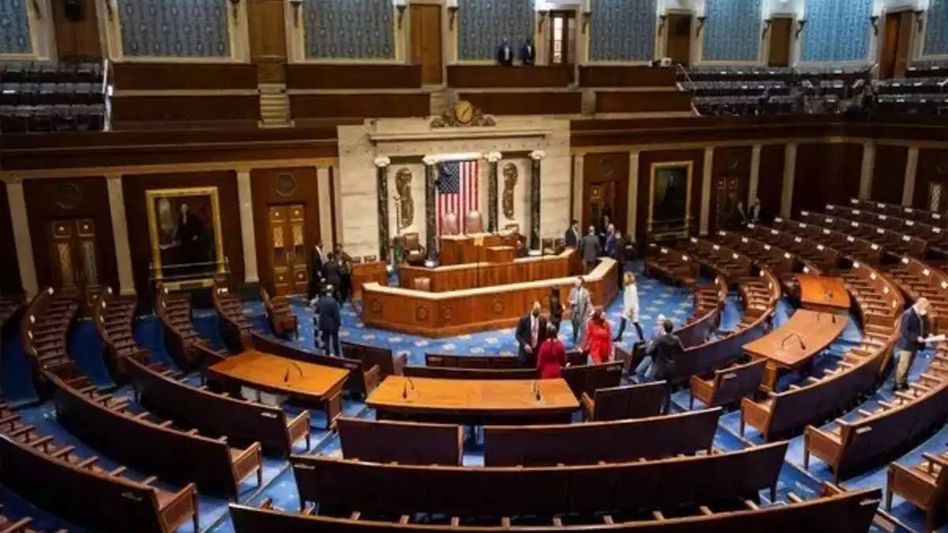US Congress faces test of new election safeguards in historic Presidential race
Following the chaos of the January 6 attack, which saw supporters of then-President Trump disrupt the certification of the electoral count, Congress took decisive action to strengthen the election process.
 US Congress faces test of new election safeguards in historic Presidential race
US Congress faces test of new election safeguards in historic Presidential raceAs the United States gears up for the presidential election on November 5, 2024, Congress's newly implemented measures aimed at ensuring a peaceful transfer of power are set to face their first significant challenge since the January 6, 2021, Capitol insurrection. This election is pivotal, not only for its candidates—Republican Donald Trump and Democrat Kamala Harris—but also for the integrity and resilience of the democratic process itself.
Following the chaos of the January 6 attack, which saw supporters of then-President Trump disrupt the certification of the electoral count, Congress took decisive action to strengthen the election process. The newly passed Electoral Count Reform Act aims to clarify post-election procedures, expedite legal challenges, and reaffirm that the vice president cannot unilaterally alter election outcomes. Despite these efforts, concerns linger over potential legal disputes, misinformation campaigns, and the general atmosphere of uncertainty surrounding the election.
Wendy Weiser, vice president for democracy at the nonpartisan Brennan Center for Justice, highlighted the unique challenges this election poses. “One of the unusual characteristics of this election is that so much of the potential danger and so many of the attacks on the election system are focused on the post-election period,” she stated.
Voter apprehension is palpable, as reflected in a recent poll by the Associated Press-NORC Center for Public Affairs Research. Many Americans express doubts about the election’s integrity and fear that disputes could erupt post-election. Former House leader Dick Gephardt, now part of the nonpartisan organization Keep Our Republic, underscored this sentiment, asserting the urgent need for trust in electoral processes and peaceful transitions of power. “January 6th in 2021 was really a wake-up call for all of us,” he remarked.
Election integrity remains a cornerstone of Republican strategy, particularly as Trump campaigns for a return to the White House. The Republican National Committee has prioritized legal preparedness, with Trump insisting the election will be “too big to rig.” House Speaker Mike Johnson has echoed these sentiments, asserting that he would only accept the election results if he deems them “free and fair.”
In the lead-up to the election, numerous legal challenges have already emerged from both parties, a situation reminiscent of the contentious 2020 election. This surge in litigation has raised alarms among democracy advocates, who worry that the sheer volume of cases may foster widespread distrust in the election results.
As Americans await Election Day, the timeline from the election to the inauguration on January 20 has been meticulously outlined. Key deadlines include state certification of electors by December 11 and the Electoral College meeting on December 17. However, the new electoral framework demands that any challenges to the results involve a higher threshold—20% of both the House and Senate—thus complicating attempts to disrupt the process.
Representative Zoe Lofgren, a chief architect of the Electoral Count Reform Act, emphasized the importance of a conclusive resolution to disputes. “You know people have a right, if they have a problem with the election, to go to court and be heard. The thing is, once that's over, it's over,” she said, reflecting a commitment to uphold democratic principles.
Copyright©2025 Living Media India Limited. For reprint rights: Syndications Today









